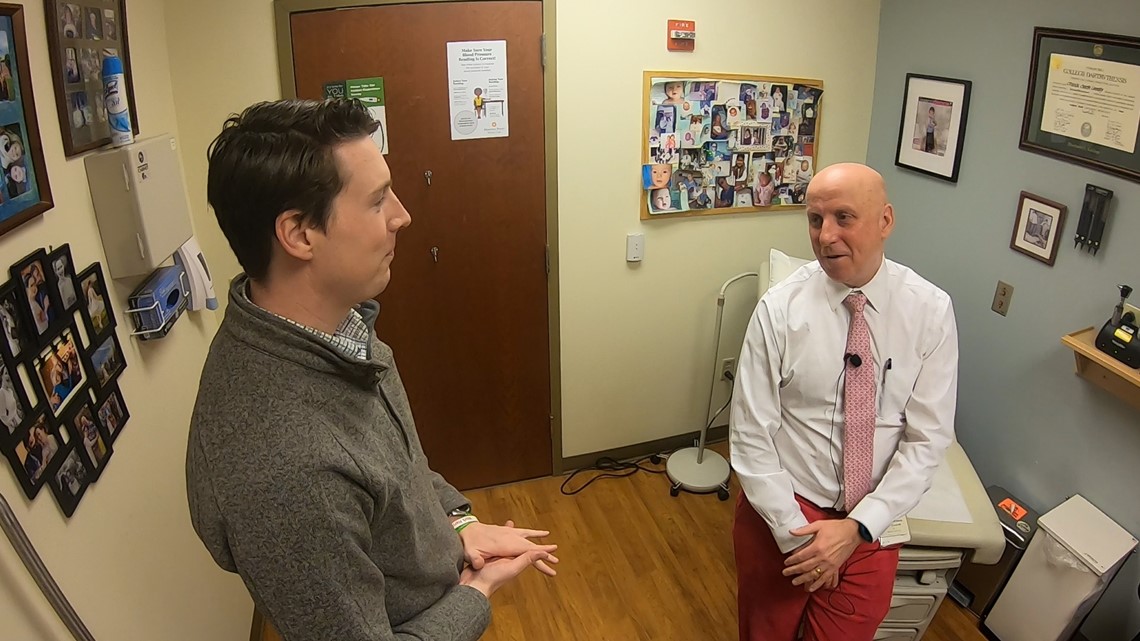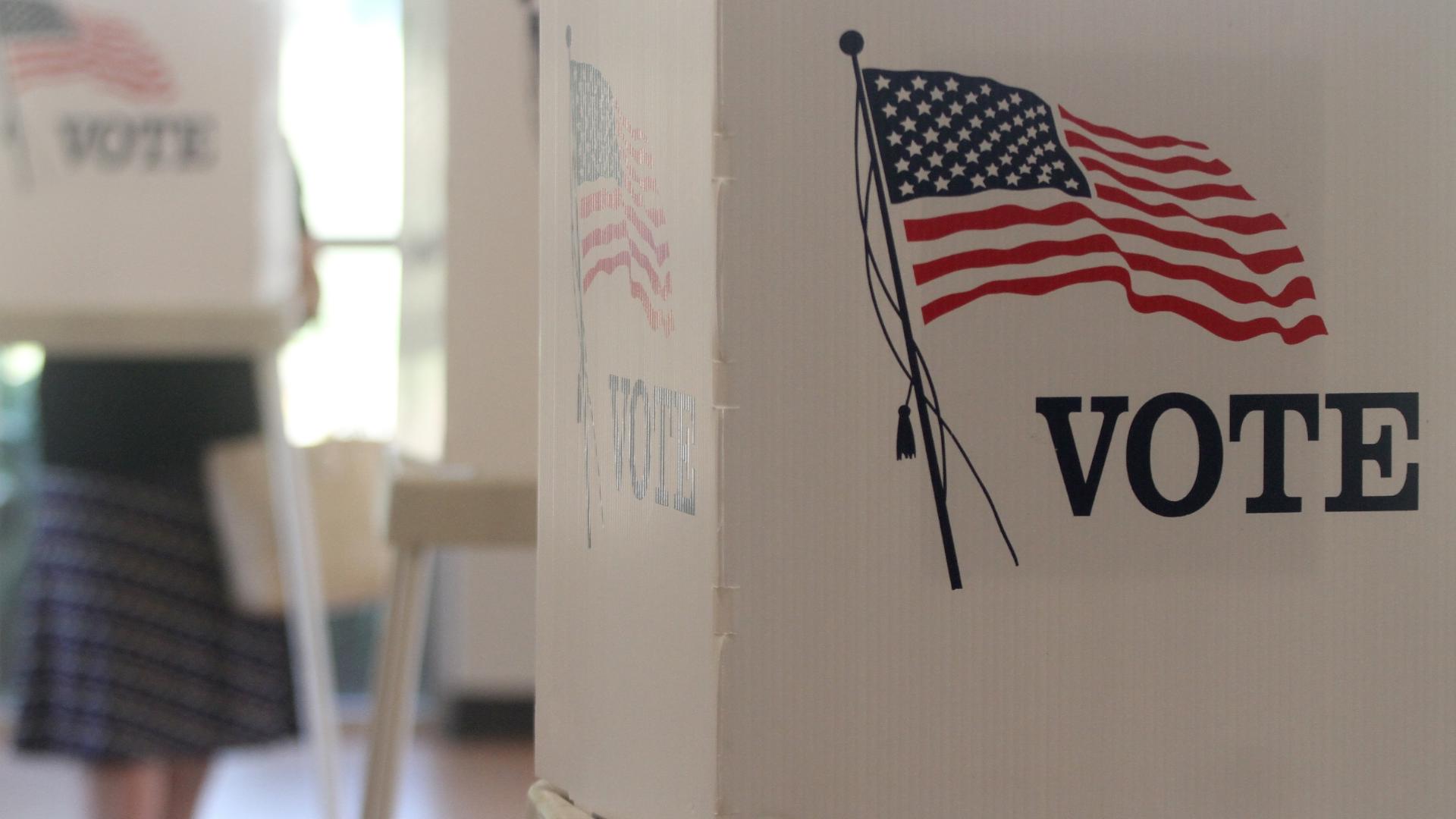AUGUSTA, Maine — Primary care offices around Maine are typically busy from open to close. Dr. Patrick Connolly sees more than 20 patients a day in his exam rooms at Martin's Point Health Care in Portland.
Connolly also spends time talking with his patients about voting and health care policy, not about specific candidates, but how to get involved.
“As voters and citizens, and doctors, [we] can play a huge role in shaping our health care by telling legislators and representatives what is important to us," he said Wednesday.
At the Maine State House in Augusta, physicians or representatives from health systems testify on health care-related legislation to provide lawmakers with their professional experience and what they're seeing with patients.
For example, Connolly said he sent a message to his state representative Wednesday about the proposed bill to ban the sale of flavored tobacco products. One of his patients, Connolly added, spoke to him about the use of vaping products at their local middle school and told him they would also be reaching out to their local lawmaker about that bill.
The American College of Physicians recently released a nonpartisan study looking into how voting participation can impact health care policy.
"If there is more voter participation," ACP President Dr. Omar Atiq said in a release, "there will be better health-care policies and therefore, better health care."
The research also showed that states with fewer barriers to voting have better health outcomes than states with restrictive voting laws, according to the study. Maine ranked 15th in the nation for ease of access to the ballot, and led the nation in voter turnout in 2022.
Dr. Atiq told NEWS CENTER Maine Wednesday that doctors and nurses see patients who come from all walks of life every day. Their conversations with low-income, marginalized, or other specific groups of people give them unique insight into how successful certain health care policies are, and what needs improvement.
The ACP is also encouraging all health care workers to vote in their upcoming elections. Dr. Atiq said there is still a sizeable group of registered voters who do not vote, and that can only limit the possibility of making effective health care change.
In our state, MaineHealth provides employees with information about which candidates are running, what ballot measures mean, and what policies the system is advocating for or against, according to Katie Fullam Harris, the system's chief government affairs officer.
The ACP reported nonpartisan nonprofit organizations like Vot-ER helped more than 46,000 eligible Americans register to vote in more than 500 hospitals and clinics across the country ahead of the 2020 presidential election.
Fullam Harris said MaineHealth is committed to providing voter education, but never tells employees how to vote, or who to vote for.
She spends a lot of time in Augusta advocating or speaking out against certain health care-related bills. On Wednesday, she said she was listening in on discussions about the proposed budget to show support for more financial aid for Maine hospitals.
“Because it’s a public-private partnership, health care is discussed and debated in the halls of the Legislature and the halls of Congress every day," Fullam Harris said. “Policymakers really determine the types of health care that we receive and the types of health care we can give … as well as how people access that health care. So it's very important for everyone to be represented in[ Augusta]."
Concerns over the cost of care and health care insurance are other topics Fullam Harris and Connolly focus on in policy discussions.
Connolly said he is also in support of gun safety legislation, which is currently up for debate in Augusta.
“Gun safety is a public health issue, the biggest risk is actually to individuals themselves, risk of suicide or self-harm, or domestic violence in addition to the mass violence that we see," he added.


Connolly said you can only impact policy decisions if you get involved by speaking to your physician about certain issues that matter to you, or by speaking to lawmakers directly.
“You can kind of sit back and say, ‘Oh this is terrible what they’re doing to me,' you have a chance to do something about it by voting for the people who are going to best represent you," he added.
Another expected benefit of the ACP's study, Dr. Atiq shared, is to encourage more Americans to realize they do have the ability to make change and talk to their representatives about policy to have their voices heard—maybe for the first time.

